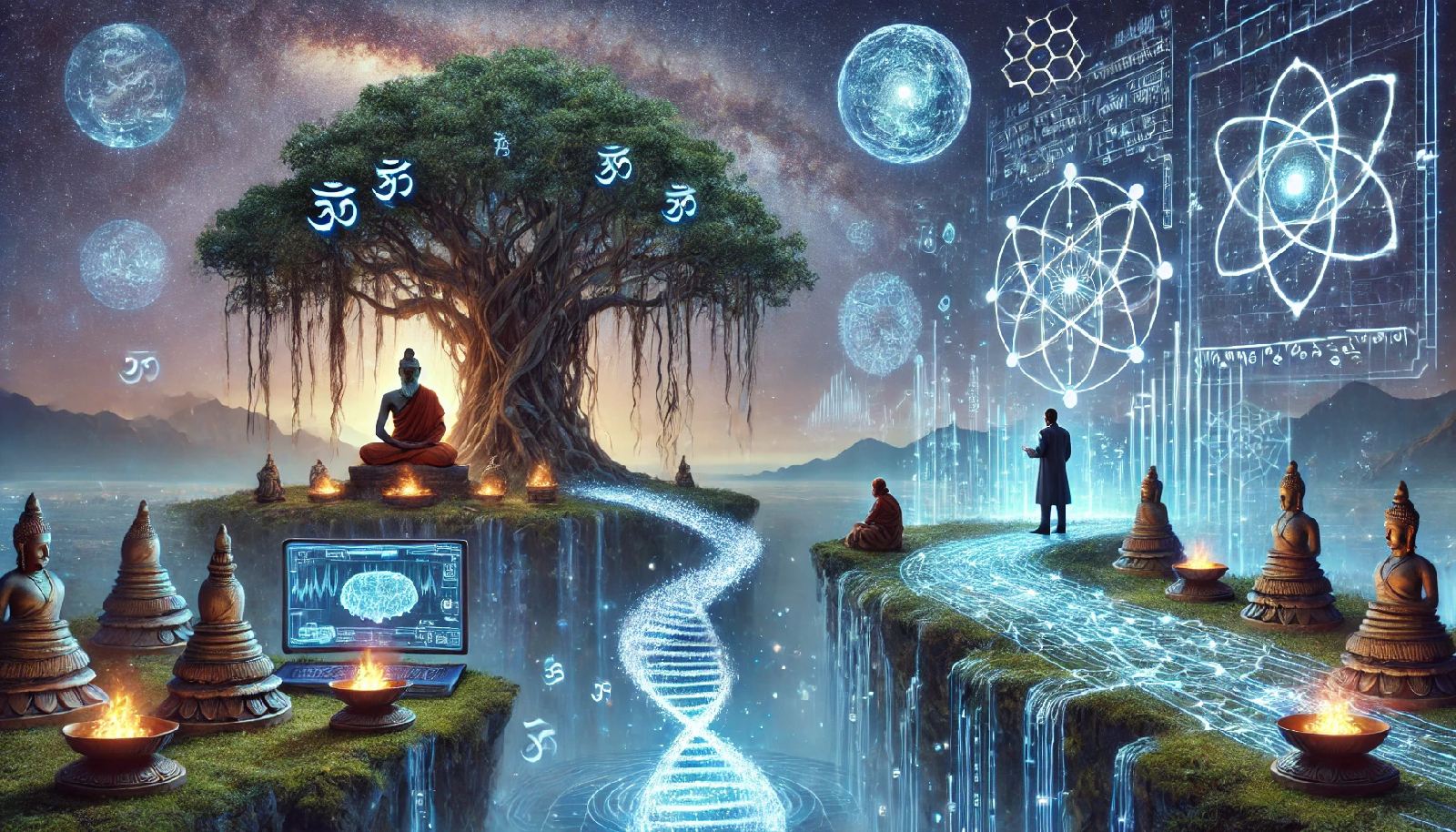Decluttering the Mind

When I read about The Joy of Extreme Tyding following the principles of Marie Kondo, it ignited a Thought Spark in my mind about extending the idea to deeper notions of personal growth and relational well-being. Let’s explore how this approach might work using mental decluttering with criteria like joy, future utility, and relationship enrichment. Decluttering the Mind: A Framework Instead of physical objects, mental decluttering focuses on thoughts, beliefs, and habits that influence your emotional well-being, mindset, and relationships. Core Criteria for Decluttering the Mind: 1. Does it bring me personal joy or peace? Keeps the focus on your inner happiness and emotional health. 2. Does it serve me well in the future? Ensures alignment with long-term goals and growth. 3. Does it nurture important relationships in my life? Enhances relational harmony, trust, and thriving together. Steps to Mental Decluttering: 1. Start with a Vision Just as Marie Kondo advises envisio...




